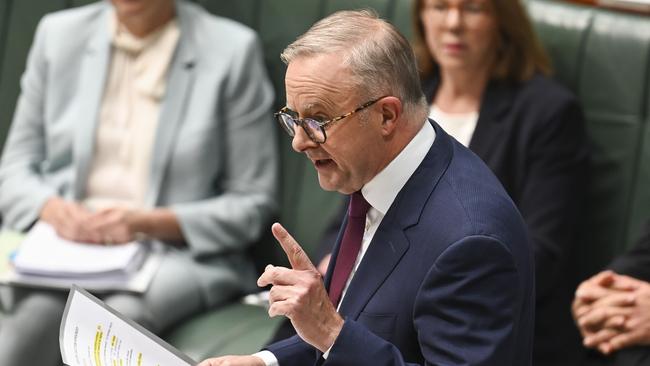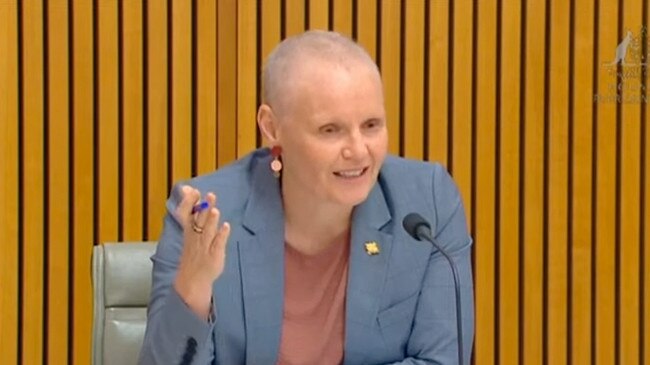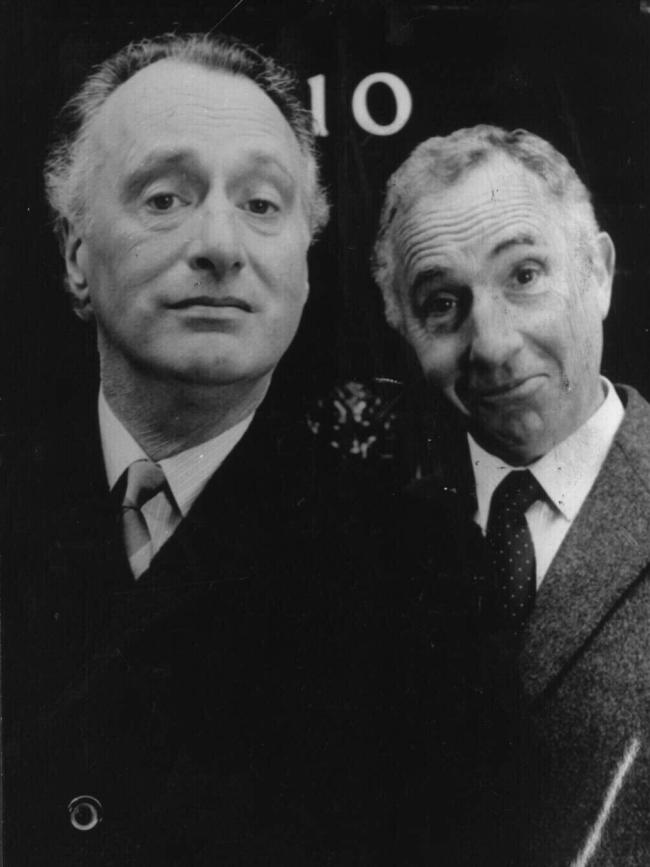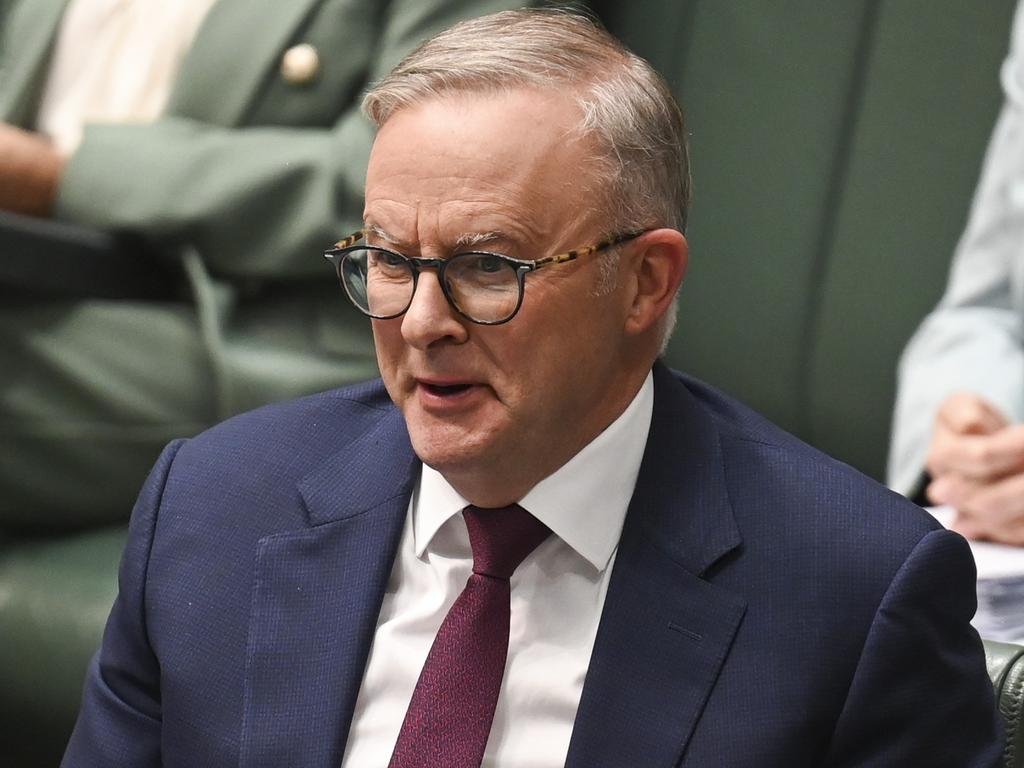Albanese takes a leaf from Sir Humphrey Appleby on Dunkley


Need a statistic to prove a point? Find one that suits the narrative – in this case, setting up the case for why holding Dunkley in Saturday’s by-election will be a challenge for Labor.
The Prime Minister has repeatedly said that the average swing against a government in a government-held seat since the start of the Hawke government is 7.1 per cent.
Albanese’s point is that, with Dunkley held on a margin of 6.3 per cent, Labor will do well to hold onto the seat … and if it succeeds, it will have exceeded expectations.
But change the parameters and the narrative changes.
As The Australian reported on Tuesday, if you extend your timeframe back to the start of the Menzies or Whitlam governments, the average swing at by-elections in government-held seats drops to 5.9 per cent against the government.
What if you keep Albanese’s Hawke-era timeframe but strip out the by-elections where one major party sat out?
Now we’re down to 5.4 per cent.
The Dunkley by-election is being held because of the death of widely respected Labor MP Peta Murphy.
What happens if we look only at by-elections caused by the death of a sitting MP?

For government-held seats where a sitting MP died since World War II, the average swing against the government is only 4.8 per cent.
For Labor-held seats in that time (one in government and 15 in opposition), the average swing is 1.2 per cent … in the ALP’s favour. And if you reduce the timeframe to the start of the Whitlam government, Labor’s average swing is 4.9 per cent … again in the ALP’s favour.
As Sir Humphrey – the renowned obfuscatory civil servant in British political satire Yes, Minister – told his prime minister, Jim Hacker: “Statistics? You can prove anything with statistics.”

And as for the danger of using historical precedents, here are a couple of points to consider: Murphy is the first lower-house Labor MP to die with the ALP in government since prime minister John Curtin in 1945 – and the first lower-house woman MP to die since Federation.
Not a lot of precedents there.





Sir Humphrey Appleby would be so proud of Anthony Albanese.